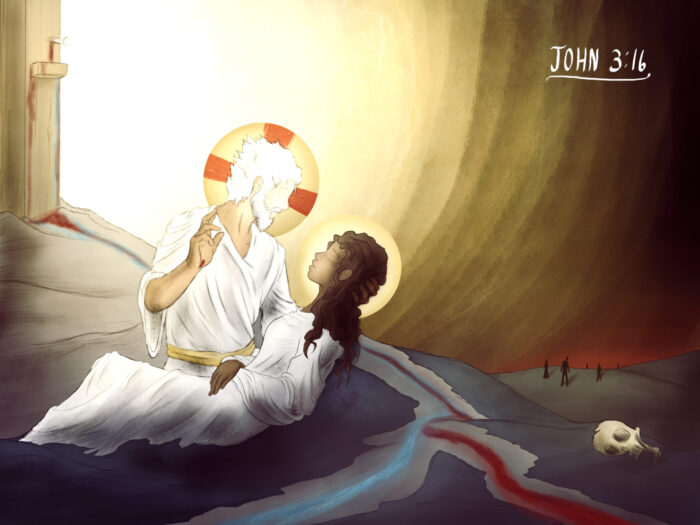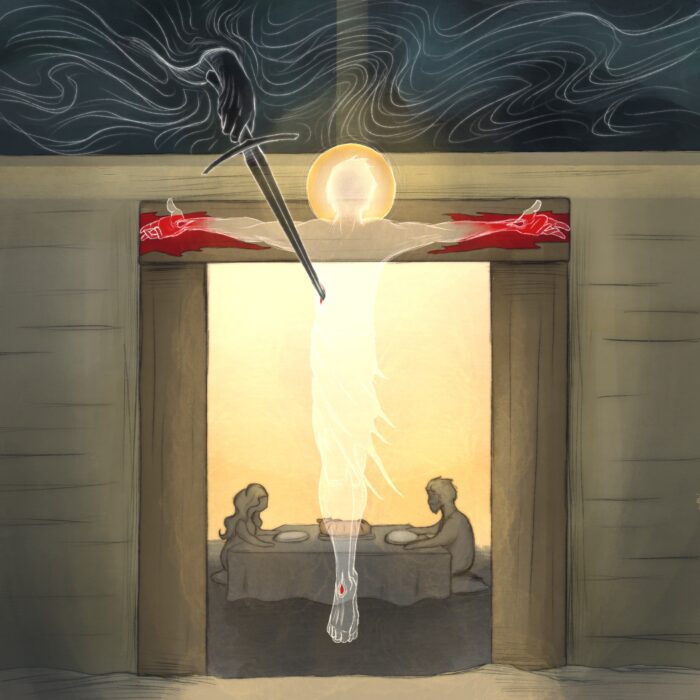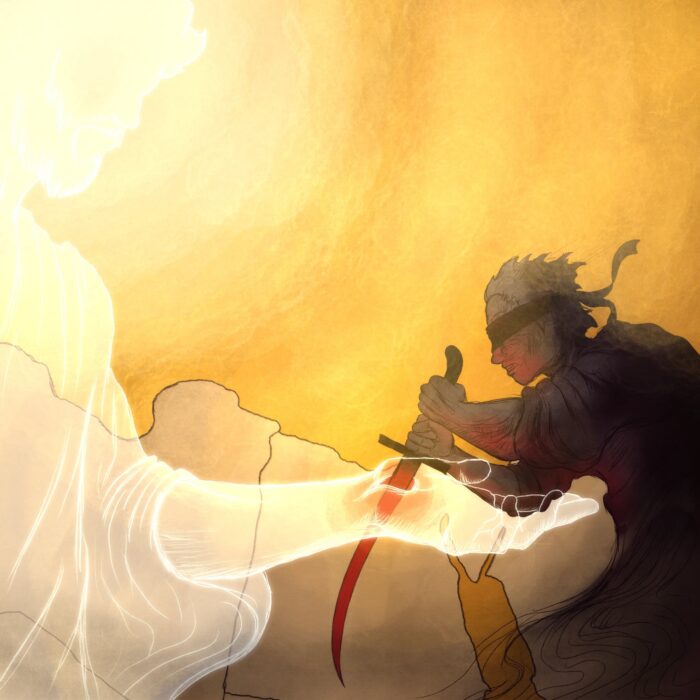John 4:15-16, The Woman: ‘Sir, give me this water, so that I will not be thirsty…’ // Jesus: ‘Go, call your husband…’’
At first, Jesus’ response to the woman in v.16 seems a bit jarring. Why does he change the subject so abruptly, answering her request for living water by telling her to call her husband? I think the answer comes in v.17-18 where we find that this woman is living with a man who is not her husband and has been married five different times before.
How do Jesus’ words about her husband answer her request for the living water that quenches thirst unto eternity (v.14)? They answer by correcting her perception about what ‘thirst’ truly is. The thirst that the Living Waters will satisfy is not the passing thirst of the physical body, but the enduring, soul-deep thirst that drove this woman from man, to man, to man, seeking satisfaction, seeking security, seeking her Home…
It is the thirst of the inmost self, the thirst with which every human being is born, the ‘inconsolable longing’ that sets us moving, searching, straining forward for we know not what…It is the thirst that tries to satisfy itself in experiences and successes, in the fulfilled dream and the lover’s embrace, in the needle’s point or the empty cup, in the worthy cause or the right side of history…and yet it is a thirst that none of these will slake.
Ultimately—for this woman as for us—the quenching of this thirst is in nothing other than the Living Water of the Holy Spirit, poured into our hearts from the opened heart of God in Christ, the Holy Spirit who, ever always and only *shows us Christ* (16:14). God, known and loved in Christ through the Spirit, is the Water that quenches our soul’s thirst.
So, in this image, the woman stands before a cracked well (Jer.2:13) and holds in her hands the empty water jar that can never satisfy her thirst. The six hands pouring out sand into her hollow heart represent the six men whom she has looked to for satisfaction. In the background, however, is the true fountain of living water, opened in the heart of God through the Death and Resurrection of Jesus (John 19:34, Rev.22:1-3). The placement of Christ in the center of her empty heart foreshadows her future reception of this water by faith, a reception enabled by the Spirit who removes the veil and grants sight (2 Cor.3:18, 4:6).




